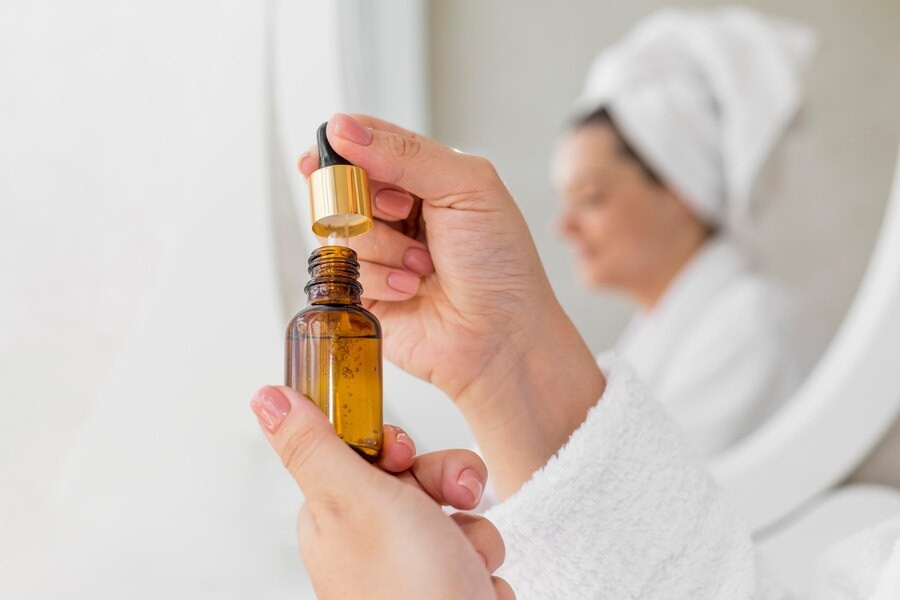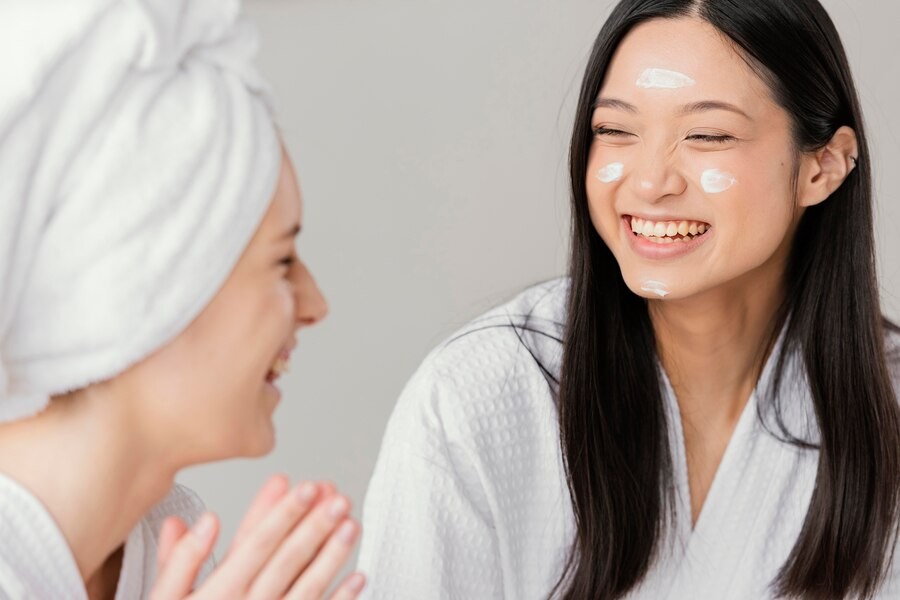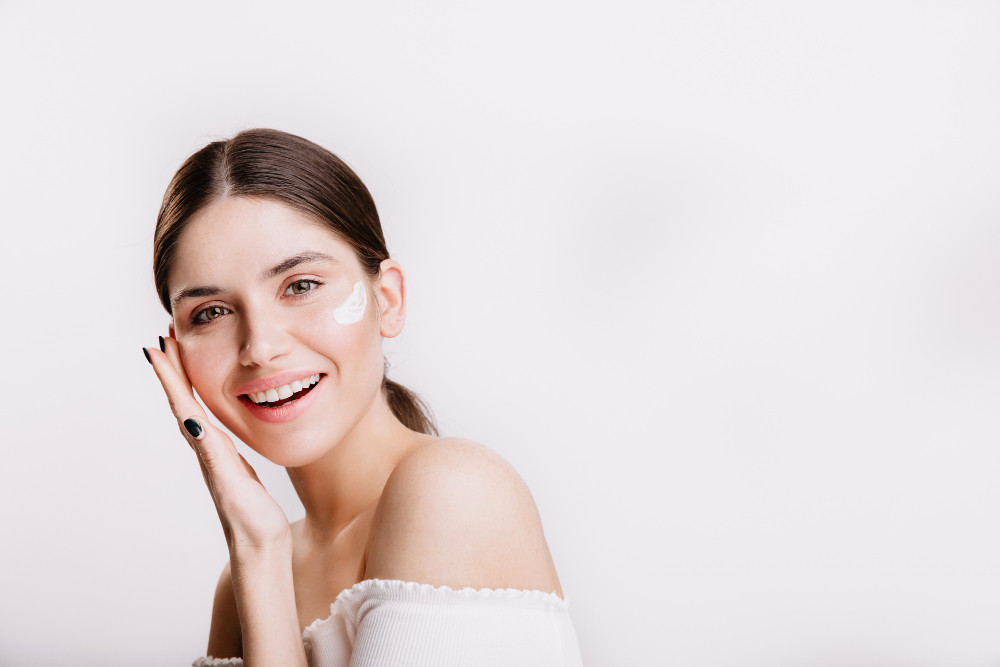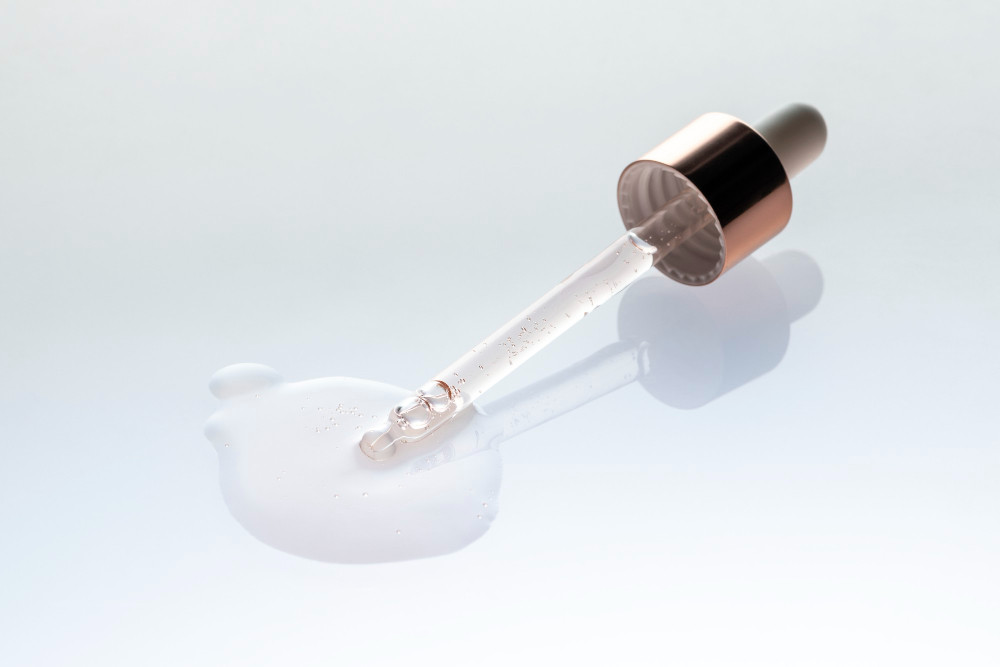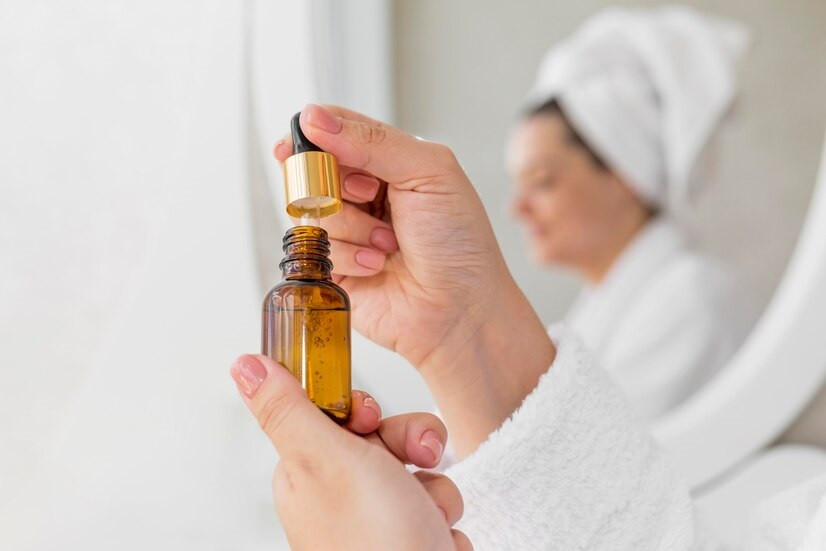Retinol-containing skin care products are the most widely used today. Retinol is a kind of vitamin A that has lots of uses in skin care. This product is usually available in cream, gel, lotion, ointment, or serum.
Considered an antiaging and skin cleansing agent, retinol exfoliates, increases skin cell turnover, and stimulates collagen production.
Top Benefits of Retinol
Retinol is a component found in a variety of beauty products to maintain skin health. Retinol normally starts to act on skin cells right away after application, although it may take a few weeks to see changes or improvements in the skin's appearance.
The following are some benefits of applying retinol-containing products:
Anti-aging
Retinol is well-known for stimulating the formation of elastin and collagen (skin proteins). Collagen, the primary skin protein, keeps the skin firm and supple. However, the body's natural collagen production gradually decreases. Retinol stimulates the creation of new collagen, reducing the formation of fine lines and wrinkles.
Retinol also increases elastin production, which improves skin elasticity. This firms the skin and reduces the effects of aging, such as loss of skin elasticity.
Improves regeneration of cells
Retinol works by stimulating the growth of new skin cells and replacing older skin cells damaged by environmental exposure, sunlight, or natural aging factors.
Improves skin texture
Retinol can improve irregular skin texture by stimulating accelerated skin cell turnover. It improves the skin's texture and health by eliminating dead skin cells.
Read more: This Is The Right Assessment In Using Retinol
Acne control
Retinol can help reduce excessive oil production in the skin. Excessive oil production may block pores and lead to acne. After using retinol, you can reduce oil production to prevent blackheads, which can cause acne.
Retinol has anti-inflammatory effects that can help treat acne. Redness and swelling from acne can be minimized.
Reduces and prevents wrinkles
Retinol prevents and decreases wrinkles in the skin by stimulating collagen formation, enhancing skin elasticity, stimulating skin cell turnover, increasing the skin's ability to retain water, and delivering the hydration required for the skin to look healthier and more radiant.
Read more: Tips For Reducing Retinol Side Effects On The Skin
How to use retinol products safely and effectively
Retinol should be taken cautiously to reduce irritation and enhance its benefits. If you want to use products with retinol, here are some general rules:
- Apply a test to a small, sensitive patch of skin, like behind the ear or inside the wrist. If there are no negative outcomes, such as redness, irritation, or itching, you may keep applying retinol.
- Before applying retinol, wash the face with a mild cleanser.
- Apply only a small amount of retinol to the entire face, avoiding the area around the eyes, nose, and mouth.
- Start with a low concentration of retinol and gradually increase it.
- After retinol, use a face moisturizer to help maintain hydration and avoid dry skin.
- Apply sunscreen with a high sun protection factor (SPF), especially when using products containing retinol in the morning.
Observe any responses after applying retinol or any other active ingredient-containing product to your skin. Stop applying retinol or reduce its frequency of application if it irritates.
Looking for information tips and tricks for health, first aid, and other home treatments? Check here!
- dr. Yuliana Inosensia
Rohini Radhakrishnan, ENT, Head and Neck Surgeon. What Does Retinol Do for the Skin?. Available from: https://www.medicinenet.com/what_does_retinol_do_for_the_skin/article.htm
Cleveland Clinic (2022). Retinol. Available from: https://my.clevelandclinic.org/health/treatments/23293-retinol
Kristeen Cherney (2023). How Does Retinol Work on the Skin?. Available from: https://www.healthline.com/health/beauty-skin-care/how-does-retinol-work
Jennifer Welsh (2023). How to Apply Retinol for Multiple Skin Benefits. Available from: https://www.verywellhealth.com/retinol-7504724
Melika Motamedi, et all (2022). A Clinician’s Guide to Topical Retinoids. Available from: https://www.ncbi.nlm.nih.gov/pmc/articles/PMC8750127/
Cleveland Clinic (2022). Collagen. Available from: https://my.clevelandclinic.org/health/articles/23089-collagen
Cleveland Clinic (2022). Elastin. Available from: https://my.clevelandclinic.org/health/body/22482-elastin


